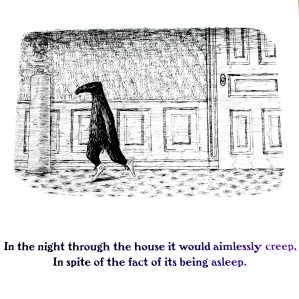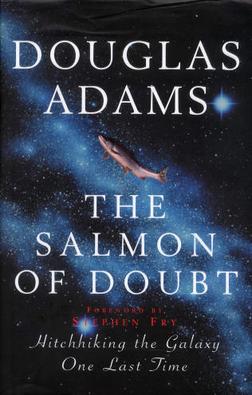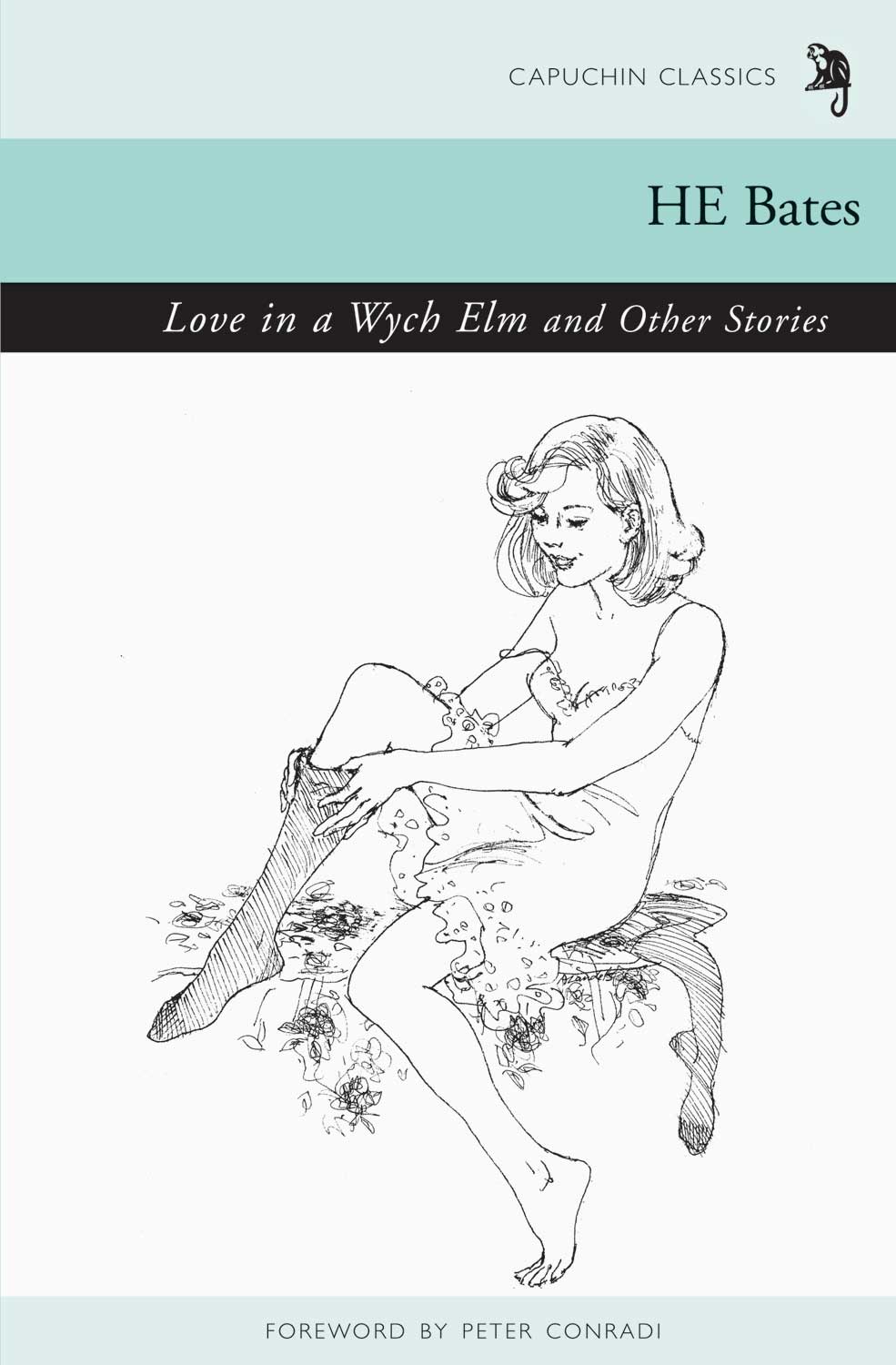This is a director’s cut (or, rather, two director’s cuts) of Night Watch / Day Watch movies in one box. Forget The Matrix: this is much better (and funnier). By some reason — maybe because I watched Day Watch first — I liked the second part more. (I did not read the books but most of Night Watch’s plot can be guessed from Day Watch anyway.) In addition, Night Watch has more blood and yucky bits. Never mind that, Night Watch is worth watching for the (closing credits) Russian rap alone — alas, it is not translated (not translatable?) into English. Otherwise, they did a very decent job of English subtitles.


























